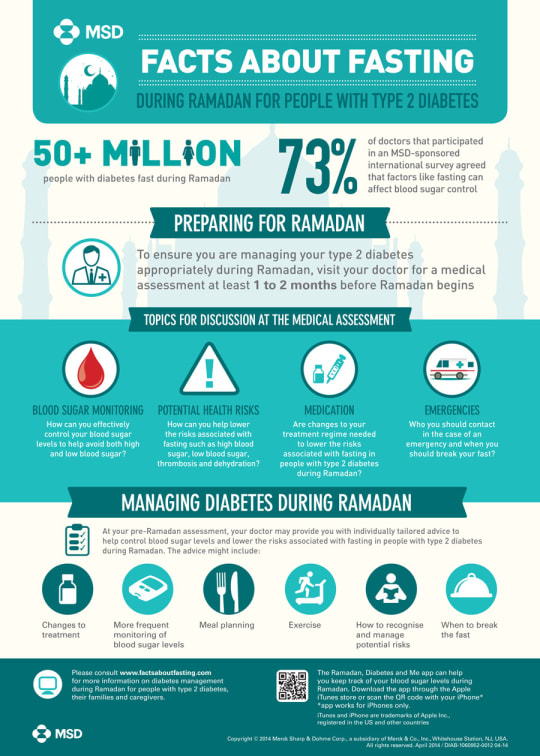Fasting Facts
At a glance..
This resource answers the question "What does lack of food do to our body?"
The details..
Fasting has been associated with mystical visions in some religions and can be a voluntary or involuntary act. The modern world often views fasting as dangerous, but it is actually beneficial for our bodies. This book explains that mammals are designed to sustain periods of starvation, including humans who can go up to 15 days without food before medical attention is required.
The body enters different phases during this time: hunger lasting three days; flying where internal reserves such as sub-dermal greases and liver stock are used for energy which lasts between 10-15 days without danger; eating again which should be done progressively over three to four days. During these phases toxins may be released so drinking fluids regularly is important.
In short term survival situations, food isn't a priority while water and salts are essential. It's also recommended that people interested in survival do controlled fasts first to understand what it means for them in real-life scenarios.
Overall, Fasting Facts provides an objective view on fasting by exploring its benefits and how the human body adapts during times when little or no food is available.
